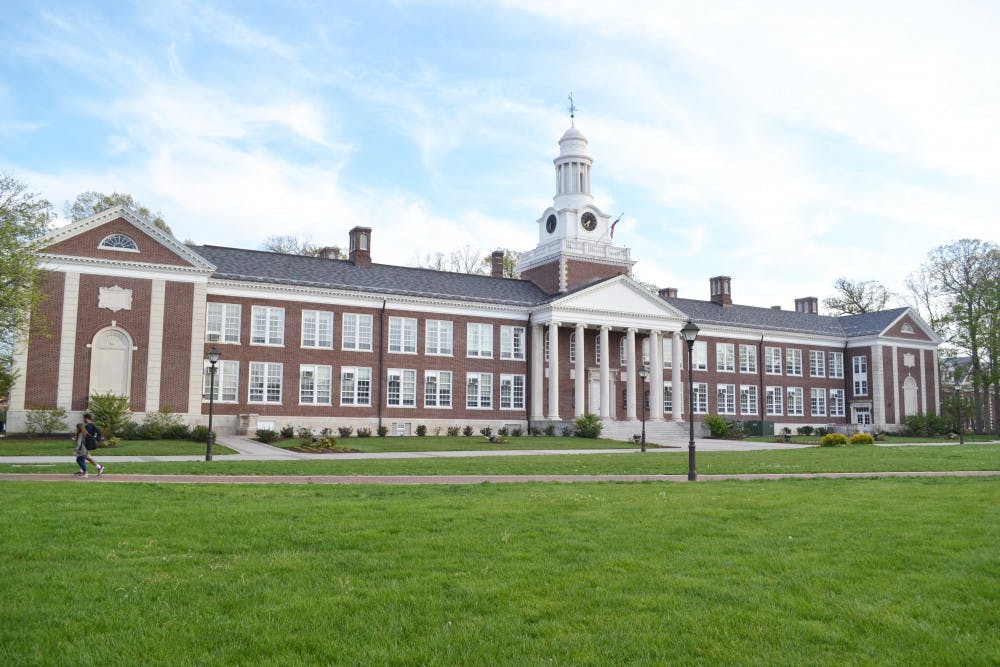By Connor Smith
News Editor
The issue of free speech on college campuses was a notable battleground in the conservative movement to elect Donald Trump as president of the U.S.
Considering the significance of this debate in the recent political landscape, the Foundation for Individual Rights in Education (FIRE) — a bipartisan organization whose mission is to defend and sustain individual rights at America's colleges and universities — informed The Signal that the College maintains a dreaded “red light” rating due to several policies that allegedly restrict student and faculty speech rights on campus.
The rating — which was last updated in February — cites several infractions in the College’s zero tolerance harassment policies, such as one that restricts language that may be considered “derogatory or demeaning” in reference to “a person’s race, gender, age, religion, disability, affectional or sexual orientation, ethnic background, or any other protected category.”

The College’s sexual harassment policy, meanwhile, drew similar concerns from FIRE. According to an excerpt on FIRE’s website, displaying sexually suggestive objects, cartoons, posters, magazines or pictures of scantily-clad individuals are considered violations of the College’s sexual harassment policy.
FIRE cites a Supreme Court precedent in Davis v. Monroe County Board of Education — referred to as the Davis Standard — where the court defined student-on-student harassment as speech “that is so severe, pervasive, and objectively offensive, and that so undermines and detracts from the victims’ educational experience, that the victim-students are effectively denied equal access to an institution’s resources and opportunities.”
Given this standard for determining harassment, FIRE argues the College cannot punish students for telling another sensitive student a joke or creating a suggestive cartoon.
According to Head Media Relations Officer Tom Beaver, the College takes students’ rights very seriously.
“The College is committed to maintaining a culture that fosters the free exchange of ideas and respectful disagreement, but also ensures an inclusive environment free from discrimination and harassment,” Beaver said.
Beaver cited President R. Barbara Gitenstein’s prior commitment to constructive dialogue, when the College announced its partnership with the Sustained Dialogue Institute.
“The Institute, which facilitates constructive dialogue around difficult and divisive issues, is working with the College to help position us as a leader in confronting challenging topics with civility and respect,” Beaver said.
Although the College is open to discourse, several red light policies could create a situation where students are unconstitutionally punished for expression. According to FIRE, administrators should change said policies or risk a First Amendment lawsuit and personal liability.
The College isn’t the only school that potentially violates First Amendment rights. FIRE warned 110 other schools, including Princeton University and William Paterson University, of similar red light ratings. Rutgers University, which drew criticism for its handling of Breitbart Tech Editor Milo Yiannopoulos during his Feb. 9, 2016, visit, maintains a less severe “yellow light” rating for ambiguity in its policies.







